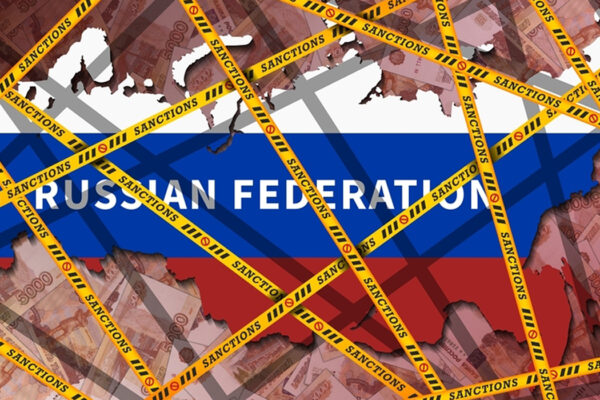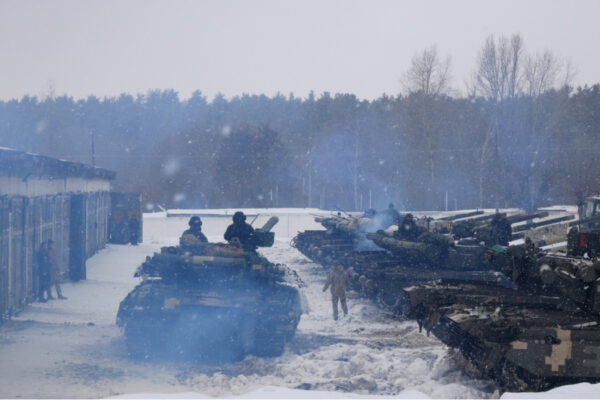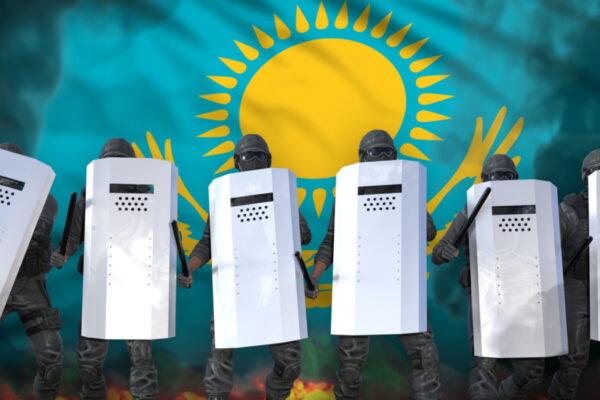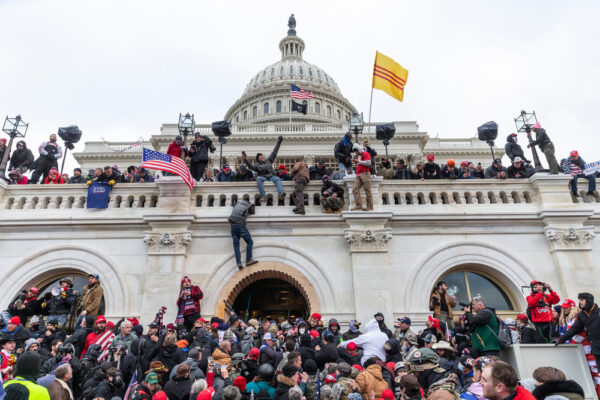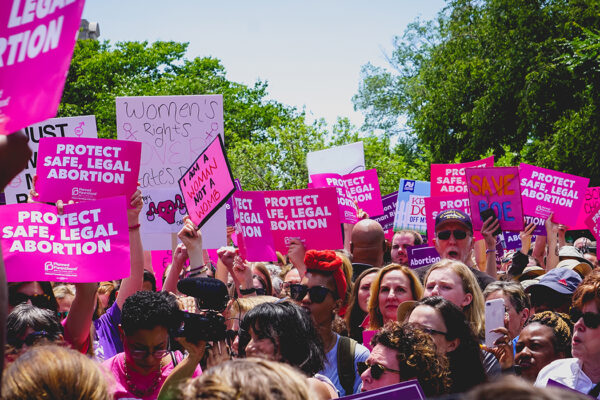Proposed funding for child care, early learning programs a ‘drop in the bucket’
Research shows investing in programs such as Head Start can help families exit poverty and speed economic growth, according to Washington University sociologist Caitlyn Collins.
China, Ukraine and the limits of ‘no limits’
Chinese President Xi Jinping and Russian President Vladimir Putin recently declared that their nations’ friendship had “no limits.” But that partnership has been sorely tested by Russia’s invasion of Ukraine, argues Washington University’s Zhao Ma.
Understanding the financial sanctions against Russia
The unprecedented scale and unanimity of the sanctions imposed on Russia have crippled its economy and represent a new form of economic warfare, according to Mark P. Taylor, dean of Olin Business School at Washington University.
Putin is using ‘victim’ narrative to justify Ukraine attack
James Wertsch, an expert on Russia and international affairs, analyzes Vladimir Putin’s motivation in attacking Ukraine. He says that Putin sees Russia’s mission as aiming to triumph over democracy and encourage the rise of Christian fascism everywhere.
Navigating a difficult tax year
The Internal Revenue Service (IRS) is expected to have another challenging year processing returns. Experts at Washington University’s Low Income Taxpayer Clinic offer tips, including: file early and electronically if possible.
Flores lawsuit highlights lack of diversity among coaches, leadership in professional sports
A lawsuit by former Miami Dolphins Head Coach Brian Flores is shining a light on the lack of diversity among coaches and leadership in the NFL and other professional sports, according Patrick Rishe, director of Olin Business School’s sports business program.
What the future holds for Ukraine, Kazakhstan
With decades of combined experience in Ukraine and Kazakhstan, Washington University social anthropologists Michael Frachetti and James V. Wertsch share their perspectives on the future of these countries following unrest.
WashU Expert: Filibuster carve-out protects majority rule
A voting rights filibuster “carve-out” — or making an exception to the 60-vote threshold to overcome a legislative filibuster — would help to preserve the core democratic principle of majority rule, says an expert on constitutional law at Washington University in St. Louis.
One-year anniversary of siege on U.S. Capitol
January 6, 2022, marks the one-year anniversary of the attack on the U.S. Capitol building by supporters of president Donald Trump. Here, university experts in political science and law offer their thoughts on what the attack means.
It’s time to move conversation beyond abortion
Women of color are leading the reproductive justice movement, which expands the conversation to include the broader range of reproductive experiences, according to sociologist Zakiya Luna.
View More Stories


